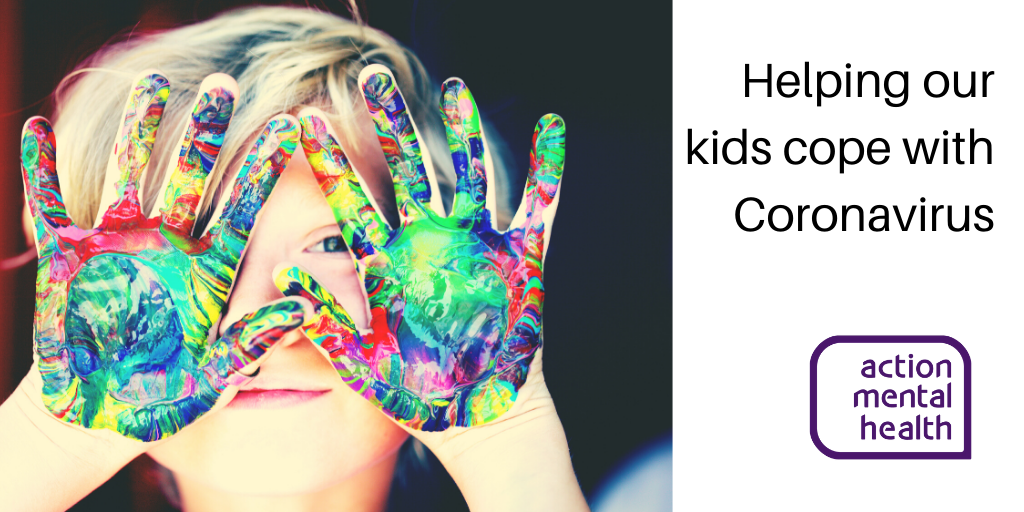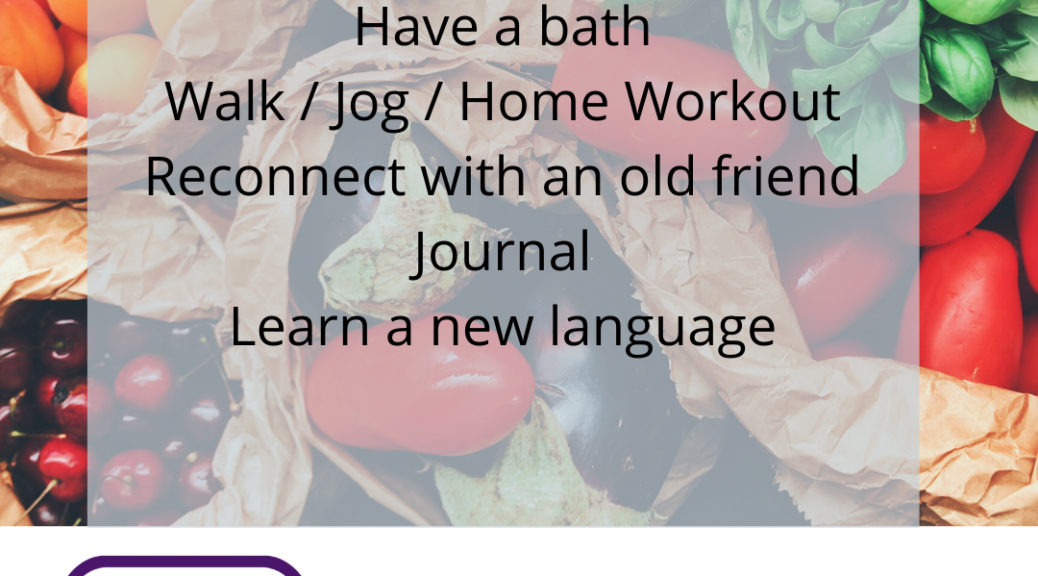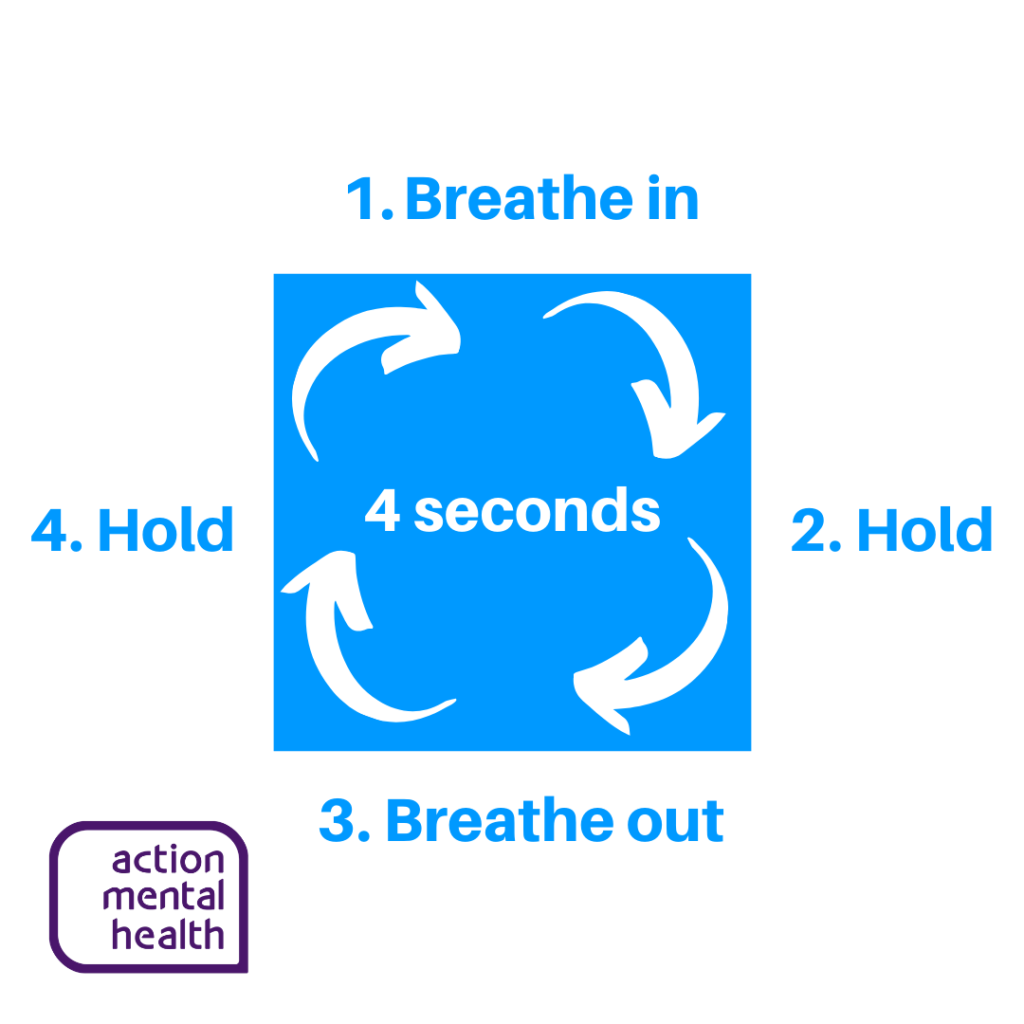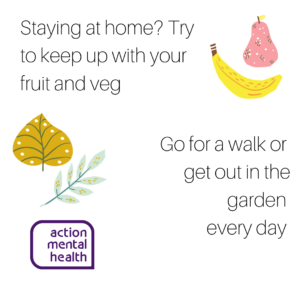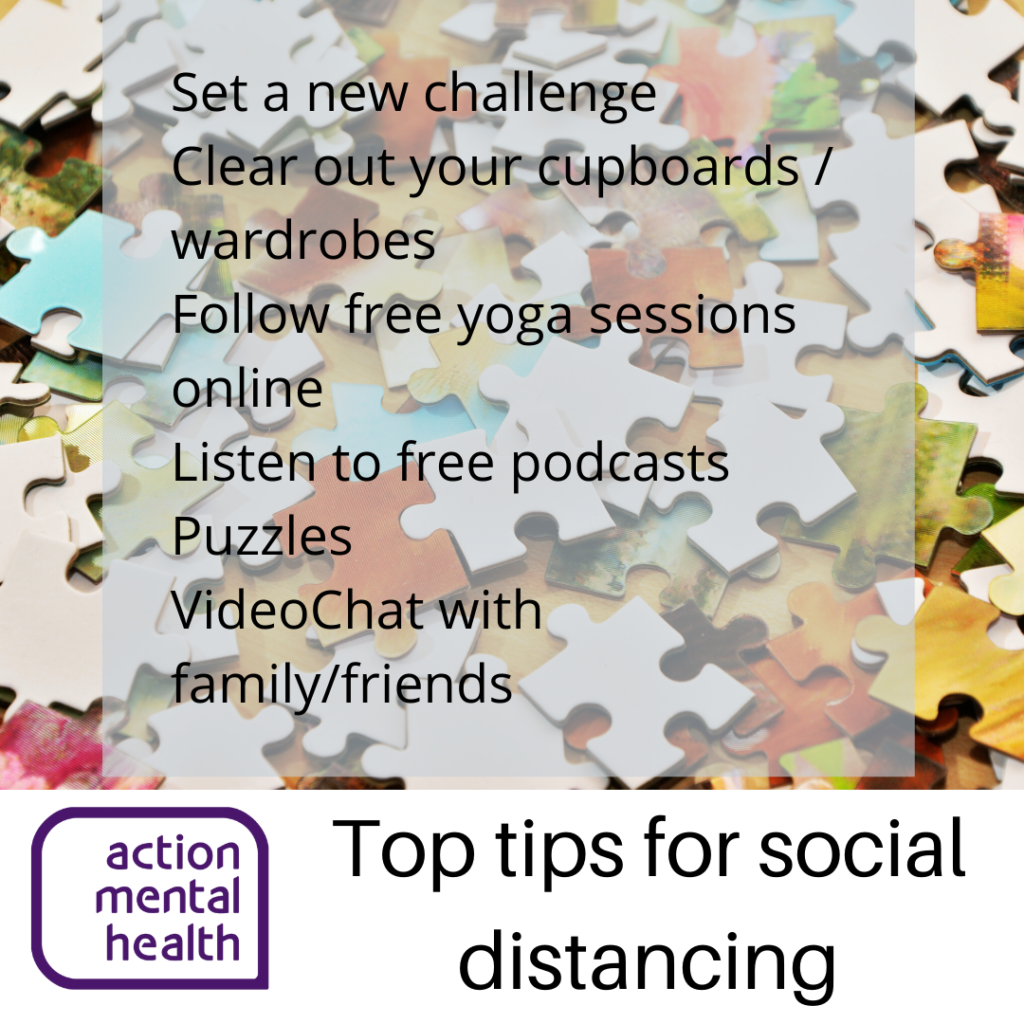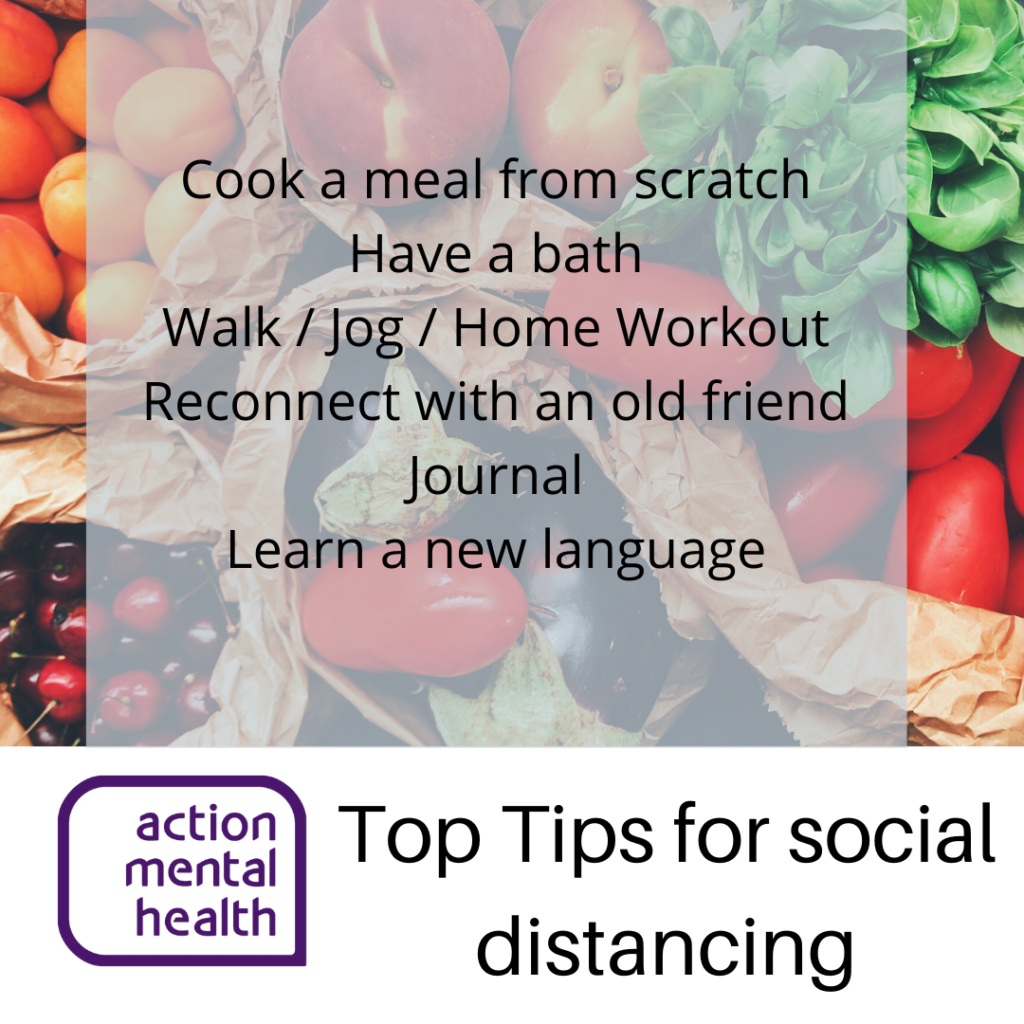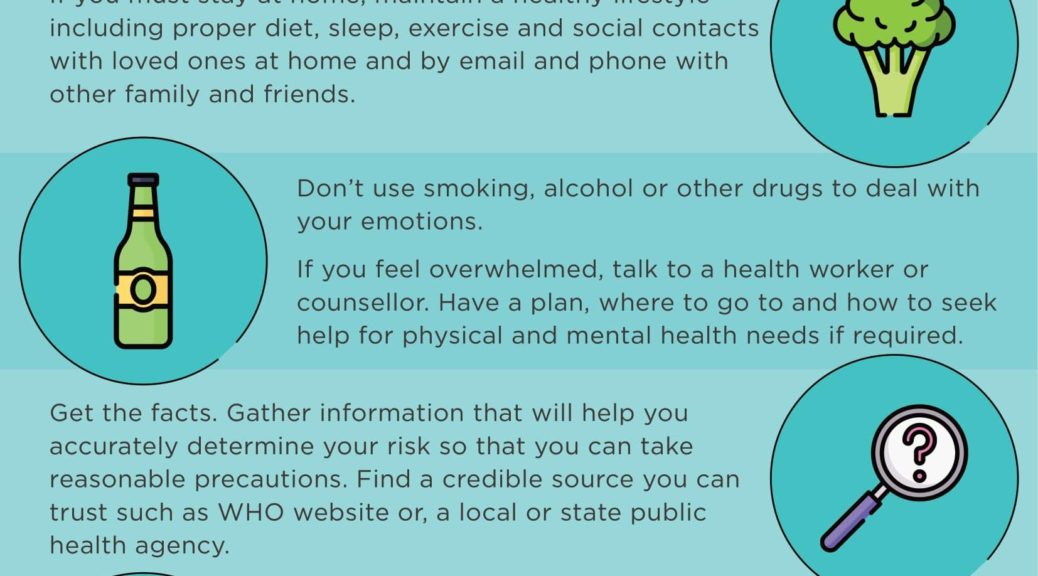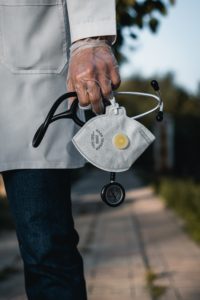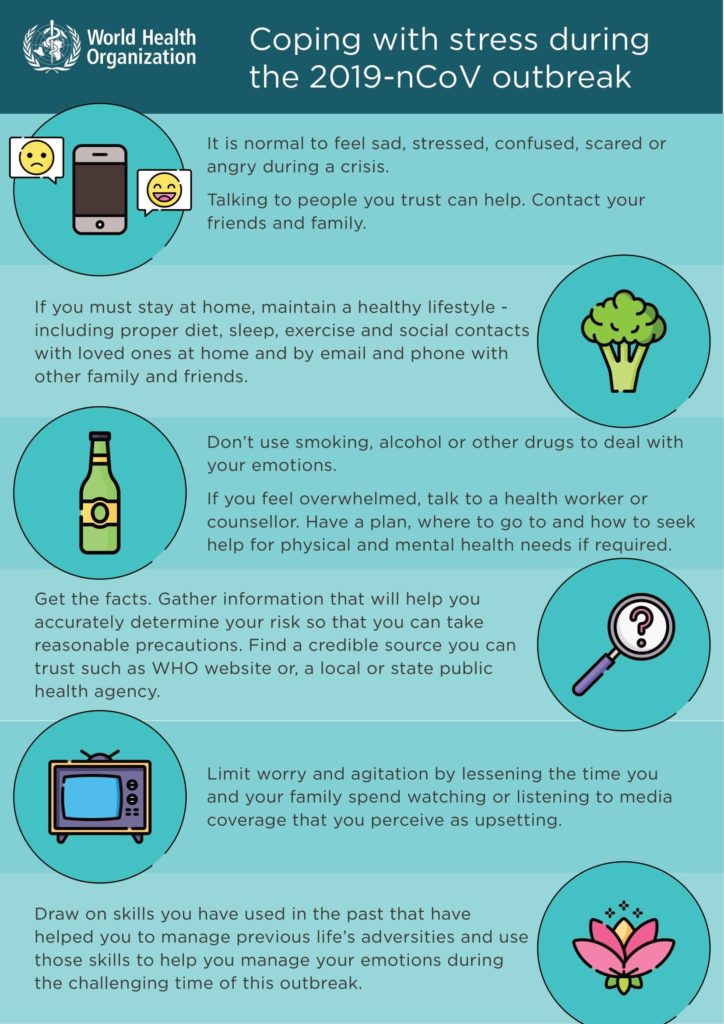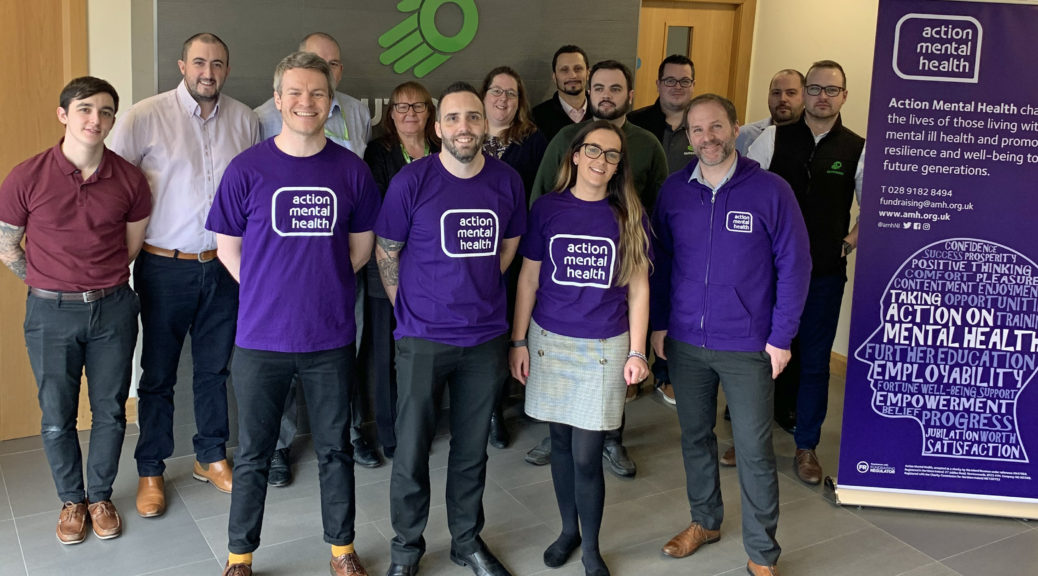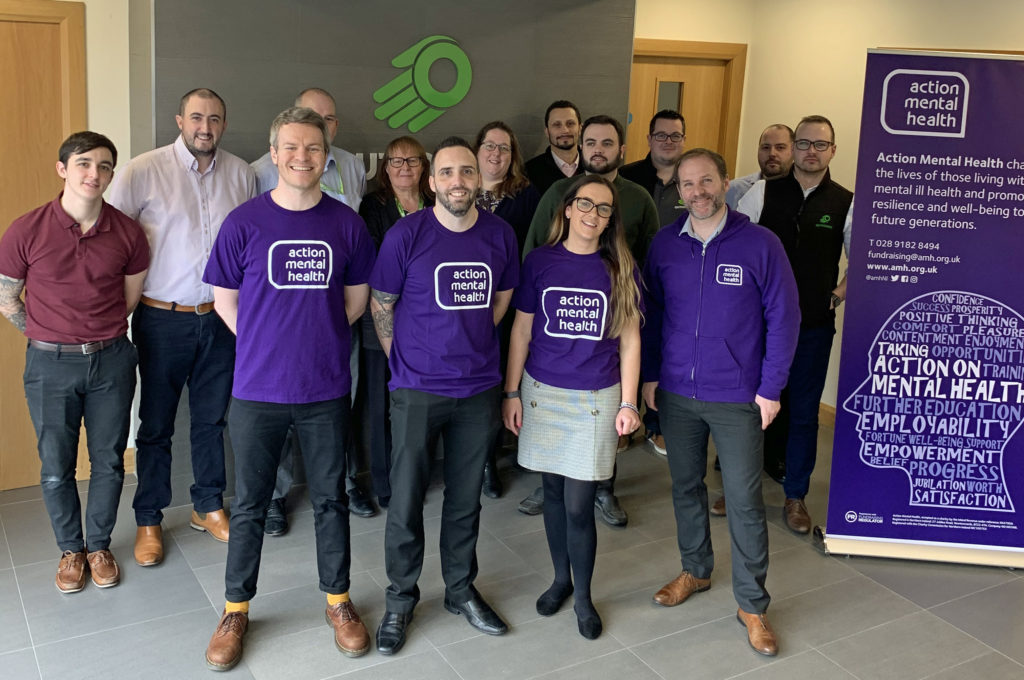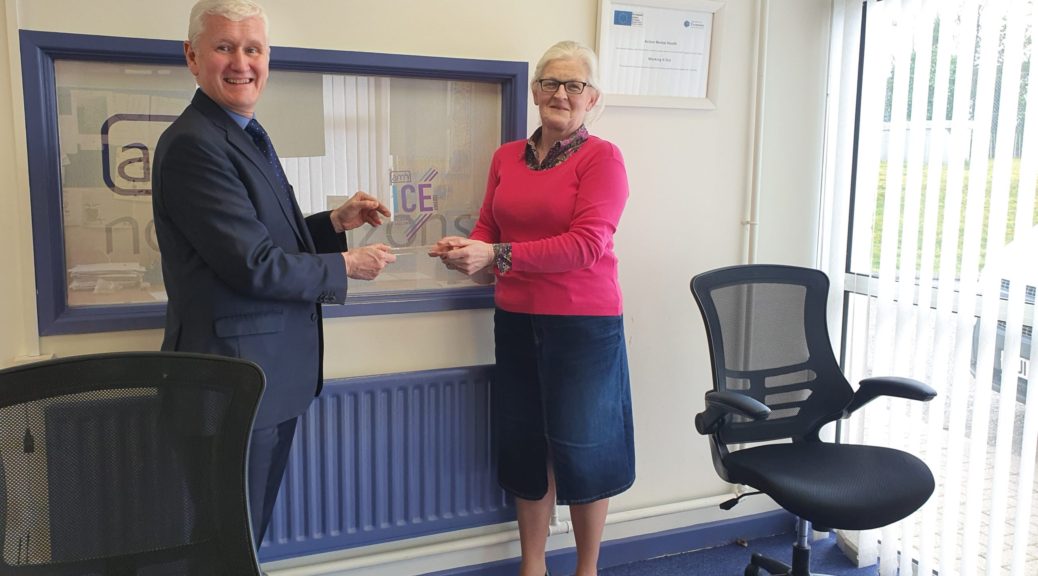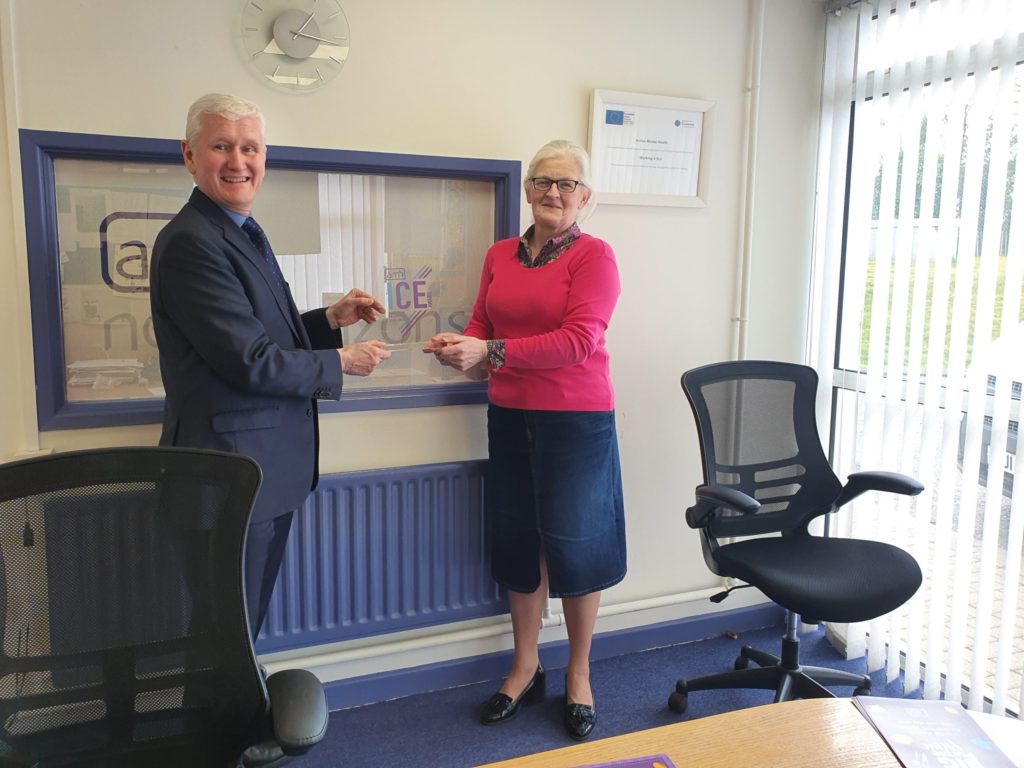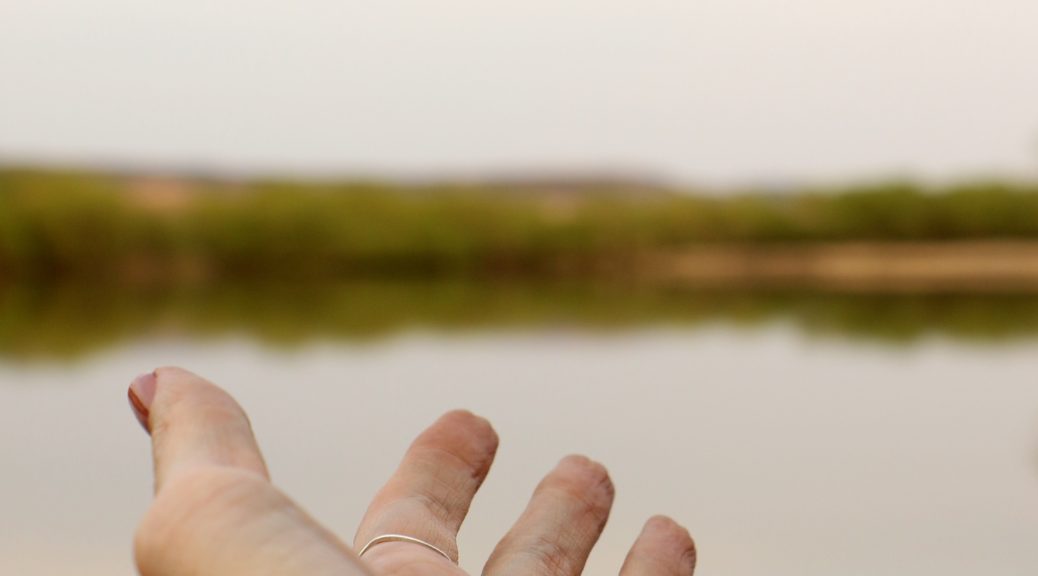
The COVID-19 crisis is proving to be an anxious time for most of us, and with school closures, rumours of lockdowns and fake news it can be overwhelming for all of us – including our children.
Our friends at Action for Children have offered tips on how to help your children cope with stress and a host of other issues that can affect their mental health and well-being. Action for Children’s Building Sound Minds App/Website offers parents support too, with the option of an online chat or phone call with its staff throughout the UK. Visit https://minds.actionforchildren.org.uk/
Support can also be found on the Young Minds Website https://youngminds.org.uk. It provides useful resources and advice on looking after our mental health while social distancing or self-isolating and talking to your children about coronavirus.
Ten tips inspired by Young Minds Parents’ Helpline:
- Try not to shield your child from the news, as it’s likely they will find out somehow
- Talk to your child about what is going on, starting with how much they have heard so far
- Try to answer their questions and reassure them in an age-appropriate manner. Remember, you do not need to know all the answers, but talking can help them feel calm
- Reassure your child that it is unlikely they will get seriously ill, and if they do feel ill you will look after them. Your child might be concerned about who will look after you if you catch the virus. Let them know the kind of support you have as an adult so that they don’t feel they need to worry about you
- Give some practical tips to your child about how they can look after themselves. For example, show them how to wash their hands properly, and remind them when they should be doing it
- Keep as many regular routines as possible, so that your child feels safe and that things are stable
- Spend time doing a positive activity with your child (e.g. reading, playing, painting, cooking) to help reassure them and reduce their anxiety. This is also a great way of providing a space for them to talk through their concerns, without having a ‘big chat’
- Encourage your child to think about the things they can do to make them feel safer and less worried
- Be aware that your child may want more close contact with you at this time and feel anxious about separation. Try to provide this support whenever possible
- Remember to look after yourself too. If you yourself are feeling worried, or anxious about coronavirus, talk to someone you trust who can listen and support you
- There are more resources on the Young Minds website to help families cope with sleep difficulty and stress-related issues.
There are also helpful apps on mindfulness and mediation, including Headspace, Calm and Insight Timer.
Further help
Lifeline – support for those in distress or despair: 0800 808 8000
Childline 0800 1111
Get help and advice about a wide range of issues, call on 0800 1111, talk to a counsellor online, send Childline an email or post on the message boards.
Samaritans 24 hour helpline – 116 123
Parent Line NI operate a WebChat through www.ci-ni.org.uk Monday to Thursday 9am-9pm, Friday 9am -5pm and Saturday 9am-1pm.Helpline on 0808 8020 400 to avail of any of these services. Opening hours are, Monday to Thursday 9am-9pm, Friday 9am -5pm and Saturday 9am-1pm.
24 Hour Domestic and Sexual violence Helpline 0808 802 1414




